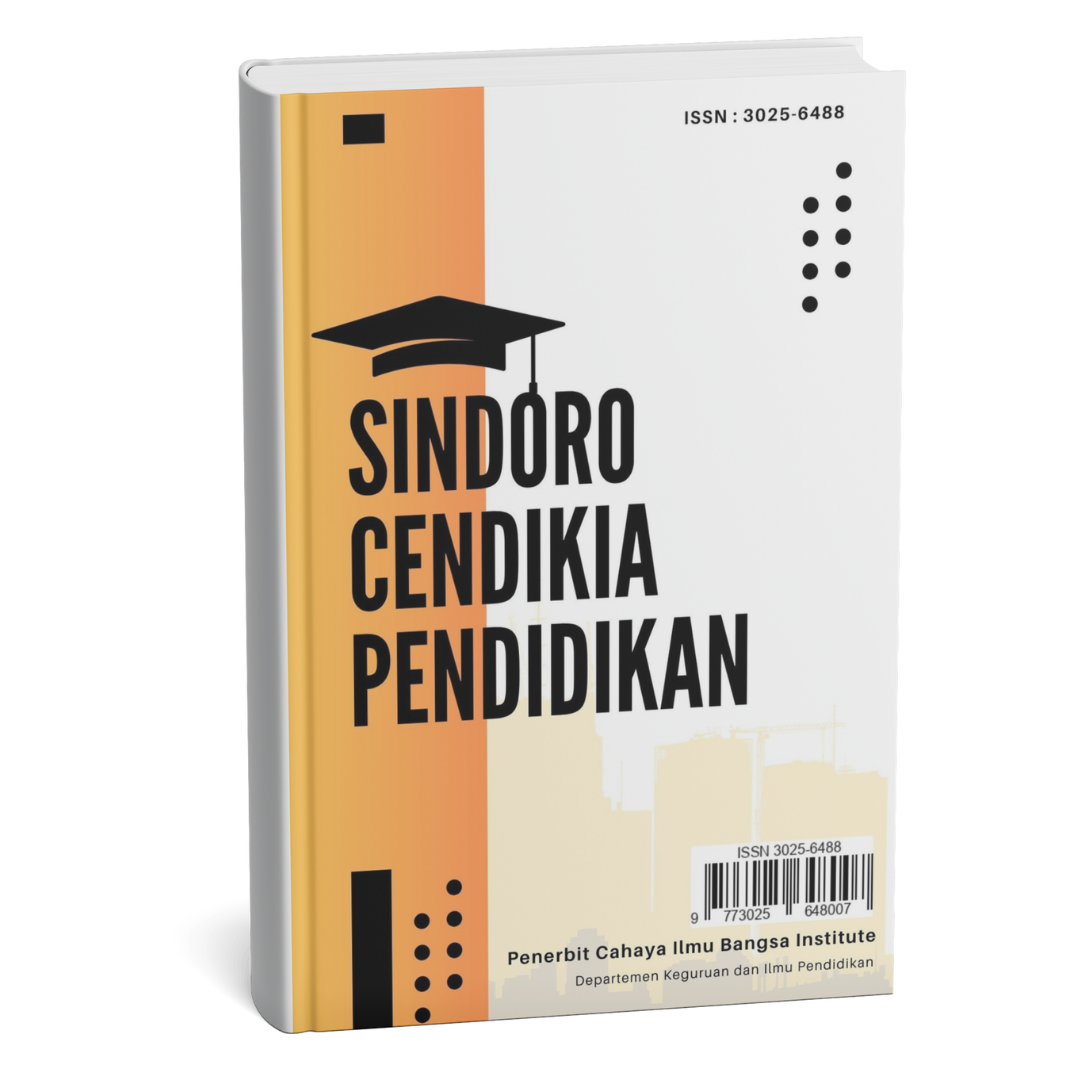REWARD SEBAGAI INSTRUMEN MANAJEMEN MUTU PENDIDIKAN : TINJAUAN DI SEKOLAH MENENGAH ATAS ISLAM TERPADU AN NAWAWI AL BANTANI
Main Article Content
Abstract
Penelitian ini bertujuan untuk mengkaji secara mendalam peran strategis sistem reward dalam meningkatkan kinerja guru di lingkungan pendidikan formal. Fokus utama penelitian ini adalah pada penerapan reward sebagai instrumen manajerial dalam membangun motivasi, loyalitas, dan profesionalisme guru. Dengan menggunakan pendekatan kualitatif deskriptif, penelitian dilaksanakan di SMAIT An Nawawi Al Bantani, sebuah institusi pendidikan yang menerapkan prinsip Total Quality Management (TQM) secara konsisten dalam evaluasi dan pengembangan sumber daya manusia. Subjek penelitian terdiri atas kepala sekolah, guru tetap dan honorer, staf administrasi, serta siswa sebagai informan pelengkap. Hasil penelitian menunjukkan bahwa sistem reward yang terstruktur, baik dalam bentuk material (insentif finansial) maupun non-material (sertifikat, pengakuan publik, akses pelatihan), memberikan dampak positif terhadap motivasi kerja dan keterlibatan emosional guru terhadap institusi. Reward yang diberikan berdasarkan indikator objektif seperti kehadiran, kinerja akademik siswa, dan partisipasi dalam kegiatan sekolah, mampu menciptakan suasana kerja yang adil, kompetitif secara sehat, dan profesional. Selain itu, publikasi penghargaan secara terbuka turut memperkuat semangat kolektif dan mendorong budaya kerja kolaboratif di antara tenaga pendidik. Penelitian ini merekomendasikan pentingnya sistem reward yang komprehensif dan partisipatif sebagai bagian integral dalam manajemen mutu sekolah untuk menunjang peningkatan kinerja guru secara berkelanjutan.
Kata kunci: reward, kinerja guru, motivasi, Total Quality Management, manajemen pendidikan
Abstract
This study aims to examine in depth the strategic role of reward systems in improving teacher performance within formal educational institutions. The main focus of this research is the implementation of rewards as a managerial instrument to foster motivation, loyalty, and professionalism among teachers. Using a descriptive qualitative approach, the study was conducted at SMAIT An Nawawi Al Bantani, an educational institution that consistently applies the principles of Total Quality Management (TQM) in its human resource evaluation and development processes. The research subjects included the principal, both permanent and contract teachers, administrative staff, and students who served as supplementary informants. The findings reveal that a structured reward system—encompassing both material (financial incentives) and non-material rewards (certificates, public recognition, access to training)—has a positive impact on teachers’ motivation and emotional engagement with the institution. Rewards granted based on objective indicators such as attendance, students’ academic performance, and participation in school activities help create a fair, professionally competitive, and supportive work environment. Furthermore, the public announcement of rewards enhances collective morale and fosters a collaborative work culture among educators. The study recommends the adoption of a comprehensive and participatory reward system as an integral part of school quality management to sustainably support improvements in teacher performance.
Keywords: reward, teacher performance, motivation, Total Quality Management, educational management
Article Details
Section
This work is licensed under a Creative Commons Attribution-ShareAlike 4.0 International License.
How to Cite
References
Darlina, S., & Setiawan, R. (2021). Continuous professional development and its impact on teacher reward eligibility. Indonesian Journal of Educational Research, 11(2), 210–225.
Farida, N., Wahyuni, L., & Malik, F. (2023). Public acknowledgment of teacher achievements: A motivational approach in school management. Journal of Educational Administration and Supervision, 12(1), 88–104.
Gusli, M. (2024). Pengaruh pemberian reward terhadap kinerja guru sekolah dasar negeri. Universitas Negeri Makassar.
Khojir, K., & Argaricha, A. (2025). Implementasi total quality management dalam peningkatan kinerja guru melalui sistem reward di SMP Islam Bunga Bangsa. Jurnal Manajemen Pendidikan Islam, 7(1), 45–56. https://doi.org/10.12345/jmpi.v7i1.2025
Nasir, M., Akhtar, S., & Javed, A. (2021). The impact of performance-based rewards on teachers' motivation: Evidence from private schools. Journal of Educational Research and Development, 5(2), 45–59.
Rahman, N., Saeed, T., & Amin, M. (2022). Exploring the multidimensionality of teacher rewards: Impacts on performance and job satisfaction. International Journal of Educational Management, 36(1), 101–117.
Ra’uf, A. (2024). Pengaruh kepemimpinan transformasional dan sistem reward terhadap lingkungan kerja guru. Jurnal Administrasi Pendidikan, 13(2), 88–100. https://doi.org/10.54321/jap.v13i2.2024
Robbins, S. P., & Judge, T. A. (2017). Organizational behavior (17th ed.). Pearson Education.
Salim, R., & Harun, M. (2021). Transparent evaluation in reward systems: Enhancing trust and performance in educational institutions. Asia Pacific Journal of Education, 41(4), 578–593.
Yusuf, M., & Hassan, A. (2020). Criteria for teacher rewards and their influence on motivation in secondary schools. Journal of Educational Policy and Leadership, 8(3), 122–137.
Zulfikar, T., Rahmi, A., & Nugraha, D. (2022). The psychological outcomes of institutional rewards among teachers: A case study of secondary schools. Journal of Educational Psychology and Leadership, 10(3), 155–172.

